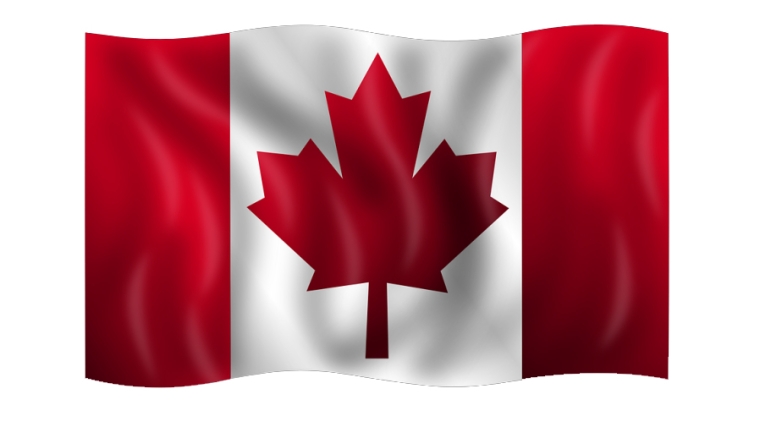
Trade Minister Todd McClay says Canada has failed to comply with a ruling over its trade dispute relating to access for NZ dairy products to Canada and NZ's now seeking urgent legal advice.
Canada had until May 1 to respond to an arbitration panel ruling against it last September.
The Trade Minister Todd McClay says Canada still has time to rectify its position. But in the meantime; “New Zealand has no intention of backing down. The changes Canada has published today do not comply with the ruling,” he says.
“Canada’s ongoing failure to meet its legal commitments is disappointing, but we have no intention of giving in on this. We back our exporters and we will defend hard-won free trade agreement commitments."
McClay says he has sought legal advice to work out NZ’s next move.
NZ initiated the dispute in late 2022, saying Canada was not complying with rules agreed to under terms of the Comprehensive and Progressive Agreement for Trans-Pacific Partnership (CPTPP) rules, by blocking dairy exporters’ access to its market.
At the time of the ruling by the CPTPP panel, the former Trade Minister Damien O'Connor estimated Canada’s non-compliance with the CPTPP had cost NZ exporters $120 million in lost sales.
“New Zealand's prosperity depends on international trade,” McClay says.
“We continue to engage in good faith throughout this process and I’ve asked officials to provide advice on next steps. I will be making an announcement on that in due course. New Zealand supports trade rules and takes seriously its obligations to trade partners. We expect others to show us the same courtesy.”
This dispute is partly driven by the political strength of the Canadian dairy farmer lobby, which enjoys guaranteed prices and production quotas.
At the time of the CPTPP ruling, the lobby group, Dairy Farmers of Canada, argued only two of the six claims lodged against Canada by NZ were upheld by the rulings panel, which it said was disappointing. It then went on to suggest the NZ Government was doing too much to help farmers here.
"We now call on the federal government to do a thorough review of the measures the government of New Zealand has put in place to support its dairy sector to ensure that they are consistent with its international trade obligations," Dairy Farmers of Canada wrote.
In a statement to its dairy industry, the Canadian Government suggests it is making concessions under the CPTPP that it is not making under its major trade deal, the Canada US Mexico Agreement (CUSMA), which replaced the old NAFTA.
It says it is including distributors as eligible under the Tariff Rate Quota (TRQ) for industrial cheese which is allowable under the CPTPP. It is also removing all allocation holder pools under all CPTPP dairy TRQs.
Previous policy gave Canadian dairy processing companies, such as large farmer co-operatives, the right to pool their production and gain a proportionate share of the market.
But the Dairy Companies Association of New Zealand (DCANZ) says removing the pooling system is not as good as it seems, because a new mechanism has taken its place that achieves the same thing in a different way.
"They are giving access to the quotas on the basis of domestic market share," says its executive director, Kimberly Crewther.
"But because the domestic market is protected, that results in the dairy processors continuing to have the lions share of the quota.
"They have got a really complex formula, but it basically puts the lions share of the product in the hands of the processors......this change is just a sort of Claytons movement of the deckchairs. It is why Todd McClay has come out and said this is just a cynical flouting of the trade rules."
Crewther adds the changes might add distributors to the list but this excludes retailers such as supermarkets, and so makes it hard for would-be exporters such as New Zealand to showcase their products to consumers directly.
Meanwhile, after some days, the Canadian Government issued a statement in response to New Zealand, but it was very brief.
“We are confident that the recent changes to our TRQ system fulfill our obligations under the panel decision," the statement said.
"We will continue to back and support our dairy industry, farmers and workers to ensure fairness in the international system they operate in.”

We welcome your comments below. If you are not already registered, please register to comment
Remember we welcome robust, respectful and insightful debate. We don't welcome abusive or defamatory comments and will de-register those repeatedly making such comments. Our current comment policy is here.